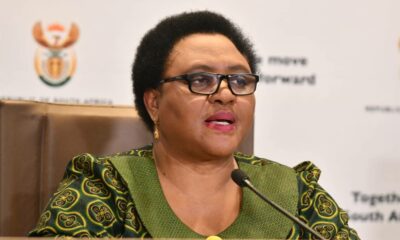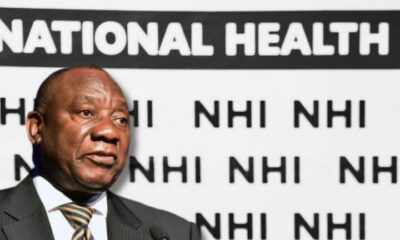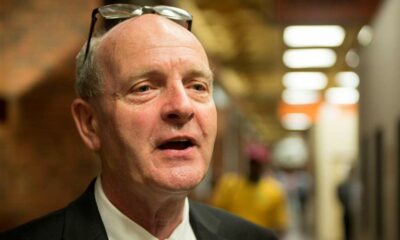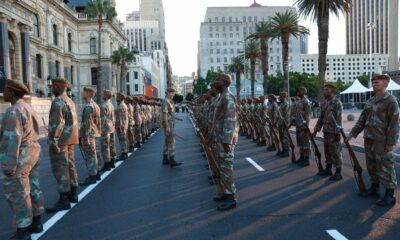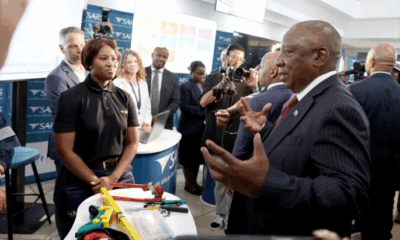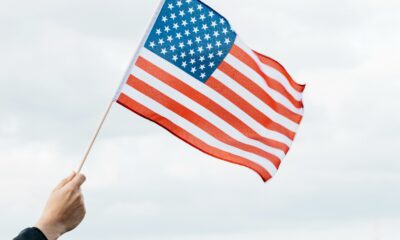News
‘Their Loss’: Ramaphosa Dismisses US Boycott of G20 Summit in Johannesburg
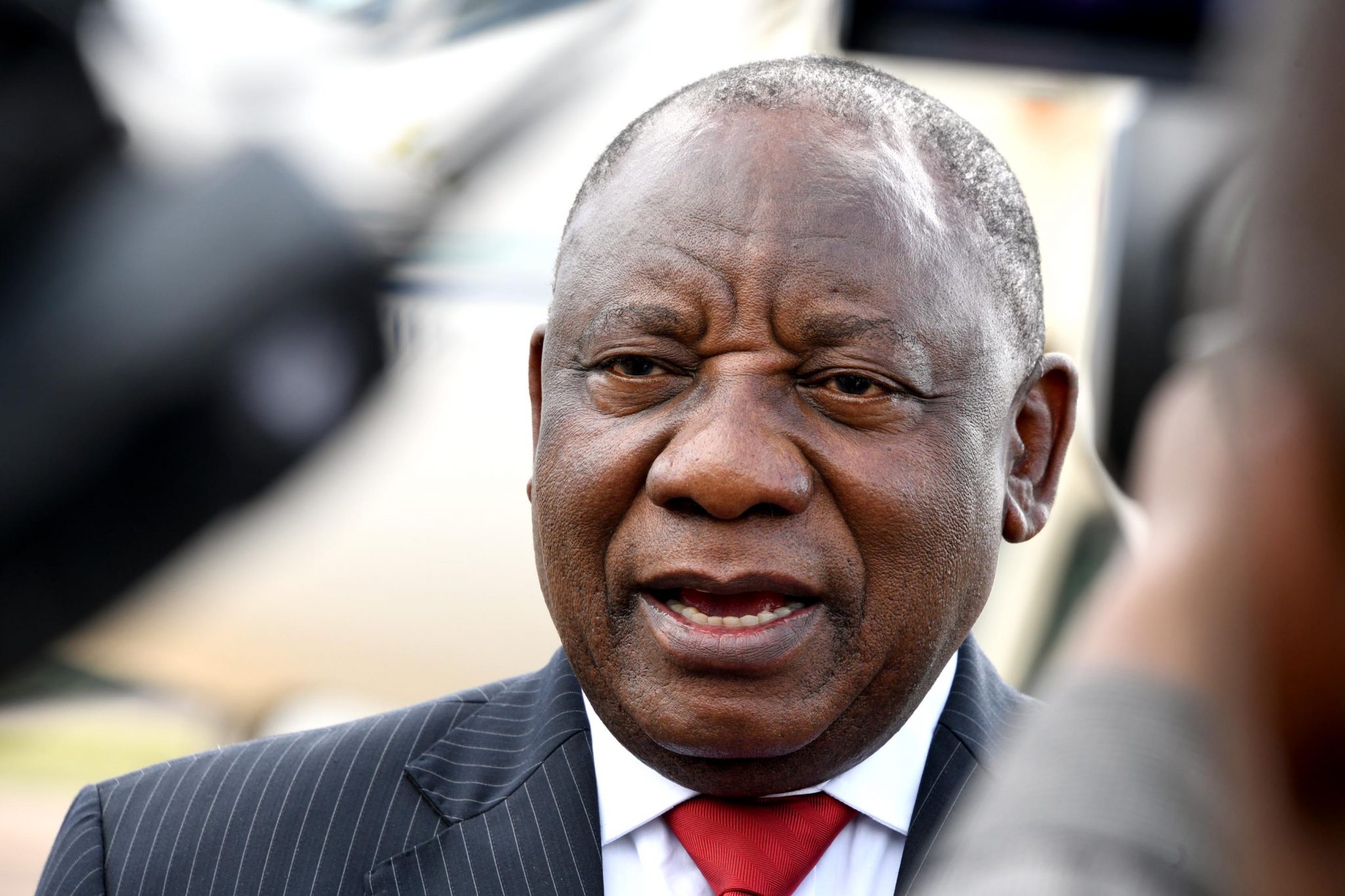
South Africa stands firm as Washington and its allies pull out of historic African G20 gathering
President Cyril Ramaphosa isn’t losing sleep over Washington’s latest snub. Speaking to journalists in Cape Town on Wednesday, the South African president brushed off news that the United States will boycott the upcoming G20 summit in Johannesburg, calling the decision “their loss.”
“They’ve chosen to boycott, and boycotting never achieves anything of great impact,” Ramaphosa said. “We will take fundamental decisions, and their absence is their loss.”
The G20 summit, set for November 22–23, is a milestone for South Africa, the first time the world’s most powerful economies will meet on African soil. But the historic moment has been clouded by diplomatic drama, as President Donald Trump announced that no US official would attend, citing disagreements over South Africa’s summit agenda.
A clash of priorities
Pretoria and Washington have been on a collision course for months. South Africa’s chosen theme for its G20 presidency – “Solidarity, Equality, Sustainability” has been dismissed by the Trump administration as “anti-American,” reflecting a broader divide over global governance and the priorities of the Global South.
South Africa has framed its G20 leadership as an opportunity to amplify the voice of developing nations, with a focus on climate resilience, debt reform, and inclusive growth. For Ramaphosa, the summit is a platform to shift the conversation away from the dominance of wealthy nations and toward issues that matter most to emerging economies.
“In many ways, the United States is also giving up the very important role that they should be playing as the biggest economy in the world,” Ramaphosa added, hinting at the irony of Washington isolating itself from a global decision-making forum it helped shape.
Argentina follows Washington’s lead
Adding fuel to the controversy, Argentina’s right-wing president Javier Milei has also announced he will skip the summit a move seen as a show of loyalty to his political ally, Donald Trump. His spokesperson confirmed that Argentina would instead be represented by Foreign Minister Pablo Quirno.
While Buenos Aires has not officially stated its reasons, Milei has frequently echoed Washington’s hardline stance, both ideologically and diplomatically. His absence underscores the growing political polarization around the G20 table and the shifting alliances shaping 21st-century global politics.
Old tensions resurface
Ramaphosa’s frosty relationship with Trump predates this summit. Since returning to the White House earlier this year, Trump has repeatedly targeted South Africa in speeches and policy statements.
He has accused the government of persecuting white farmers claims that Pretoria has dismissed as false and inflammatory. Earlier this year, Trump even offered refugee status to Afrikaners, with a small group reportedly flown to the US in a symbolic gesture that many South Africans viewed as deeply provocative.
The Trump administration has also clashed with Pretoria over its case against Israel at the International Court of Justice and its ongoing Black Economic Empowerment (BEE) laws, which Washington critics say disadvantage minorities, a claim South Africa strongly rejects.
These tensions have made the US boycott unsurprising to observers familiar with the two governments’ strained diplomatic dance.
What the boycott really means
Despite the political theatrics, the G20 summit is expected to proceed as planned, with or without Washington. South Africa’s government insists the meeting will still produce “fundamental decisions” on key economic and environmental issues.
Foreign policy analysts say the boycott could backfire on the US, potentially alienating emerging economies that view South Africa’s leadership as symbolic of a fairer, multipolar world order.
“The G20 in Johannesburg represents more than just a meeting,” said one Pretoria-based diplomat. “It’s about Africa claiming its seat at the table, not as a guest, but as a host.”
Public reaction in South Africa has been a mix of pride and frustration. On X (formerly Twitter), some users celebrated the president’s defiant tone. “Let them stay home, Africa will still move forward,” wrote one commentator. Others warned that losing US participation could limit the summit’s global influence, given America’s economic clout.
A summit of symbolism
Founded in 1999, the G20 represents 85% of global GDP and two-thirds of the world’s population. The Johannesburg summit marks a defining moment for Africa, a continent often treated as an observer in global decision-making.
By choosing to skip the event, Washington risks sending a message that it sees Africa as peripheral rather than pivotal. Ramaphosa, meanwhile, appears determined to turn that narrative around.
“Decisions will be taken,” he said pointedly. “And we will move forward.”
The message from Pretoria is unmistakable: the global conversation is changing, with or without America’s voice at the table.
{Source: The Citizen}
Follow Joburg ETC on Facebook, Twitter , TikTok and Instagram
For more News in Johannesburg, visit joburgetc.com

